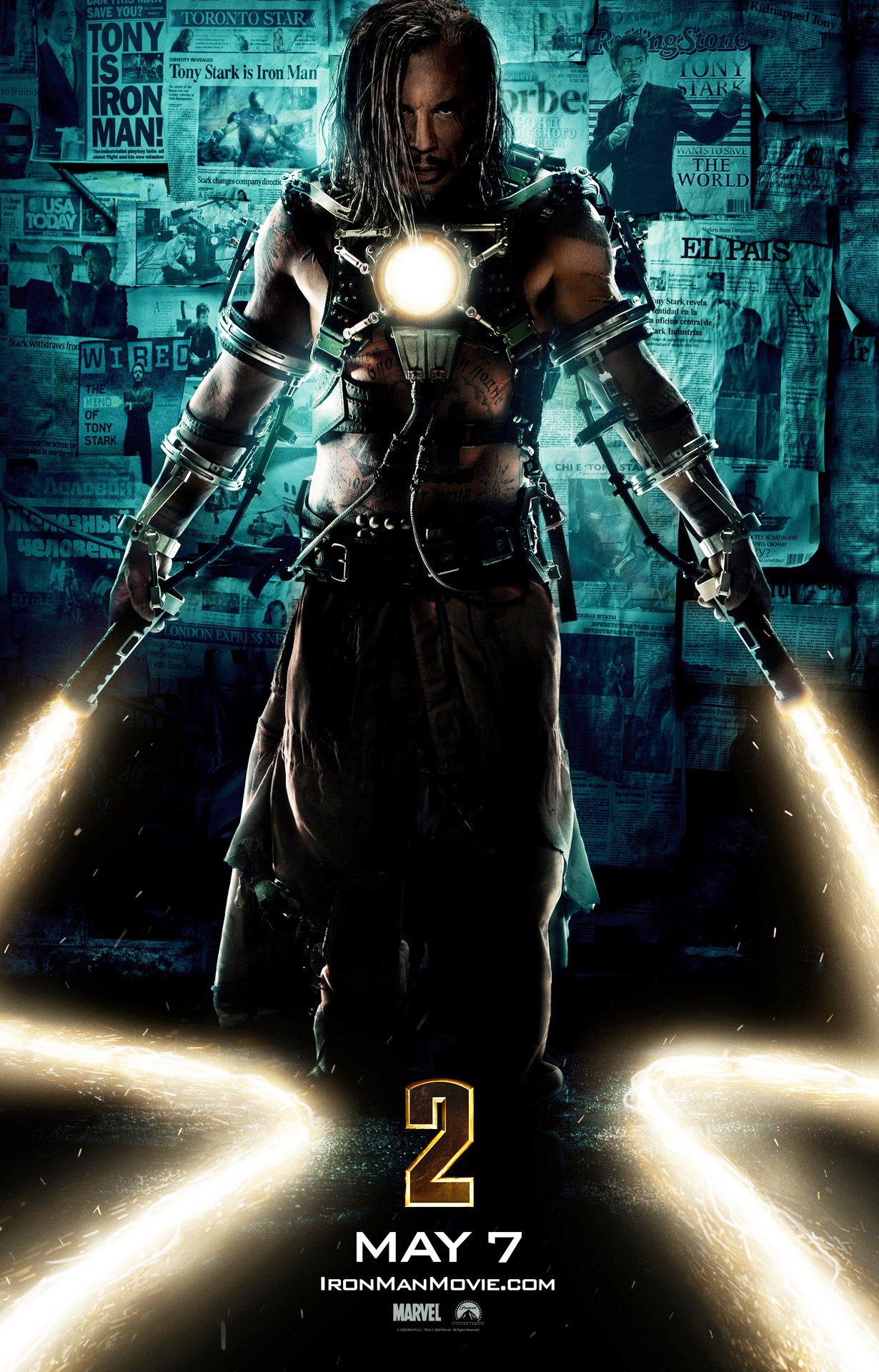 “MacGruber” is the latest film to spin off from a “Saturday Night Live” character. Given that the sketches feature an inept version of “MacGuyver” who always ends up blowing himself up, it is amazing that a reasonably funny 90-minute film was able to be fashioned around the character at all.
“MacGruber” is the latest film to spin off from a “Saturday Night Live” character. Given that the sketches feature an inept version of “MacGuyver” who always ends up blowing himself up, it is amazing that a reasonably funny 90-minute film was able to be fashioned around the character at all.With the exception of “The Blues Brothers” and “Wayne's World,” movies inspired by
“Saturday Night Live” haven't exactly been the pinnacle of film comedy. I have a guilty-pleasure soft spot for many of these films, but even I'll admit that calling them good would be a very liberal use of the word. These low expectations work to the advantage of “MacGruber.”
Following Kevin Smith's “Cop Out,” “MacGruber” is the second film of the year to pay homage to the 1980s action movies. But where “Cop Out” is a affectionate tribute to the buddy cop sub-genre, “MacGruber” is a gloriously over-the-top lampooning of bloated action movies.
The movie has a hard R rating, meaning that there's plenty of vulgar language, cringe inducing sight gags and one of the most awkward sex scenes ever put to film. “MacGruber” is infantile, crude and shameless. The film's gags are hit and miss, but some of those hits are riotously funny bull's eyes.
As the film opens, MacGruber (Will Forte) is retired in South America, but is coaxed back into active duty by a former superior (Powers Boothe) when it is revealed that the man who blew up his wife Dieter Von Cunth (Val Kilmer) has stolen a nuclear warhead. MacGruber teams up with a young lieutenant (Ryan Phillippe) and a former colleague (Kristen Wiig).
Most of the film's humor is mined from MacGruber's complete and utter incompetence. He is referred to as being “the best” and the recipient of an amusingly long lists of accolades, but either years of retirement have dulled his abilities or, like Maxwell Smart and Inspector Clouseau, he just gets very, very lucky.
Some of the best jokes are actually the smaller ones. Take for example a bit about parking a surveillance van 20 blocks away to avoid parking by a meter or providing a subtitle for “You're loco, man.” For those who don't speak Spanish the translation is "You're crazy, man."
First-time feature director Jorma Taccone is one-third of the comedy group The Lonely Island, which provides digital shorts for “Saturday Night Live." Taccone perfectly captures the look and feel of a slick 1980s action flick. The authenticity helps create a nice juxtaposition with the absurd verbal play and sight gags.
A lot of humor is drawn from gay jokes. Some of this works, some of it is painful. Action movies from the 1980s often had an odd homo-erotic tension (think “Top Gun”), and “MacGruber” is funny when it subtly mocks that tension. It is less funny when MacGruber openly offers to have sex with men as a bribe.
Forte, much like Will Ferrell, is completely without shame and is quite willing to do anything for a laugh including running around nude. Wiig, a fellow “Saturday Night Live” cast member, has stolen several movies with minor supporting roles, and she does much the same here. She is a master of deadpan delivery. Phillippe deserves credit for managing to keep a straight face throughout. Kilmer is clearly having fun hamming it up as the baddie.
“MacGruber” is most definitely not for all tastes, but fans of the character or of '80s action films who have taste for extremely lowbrow humor should get at least a few laughs.
 “Robin Hood” is an evergreen story as sturdy as the trees that fill the forests of Nottingham. Going back to the silent era, the swashbuckling philanthropist has been played by the likes of Douglas Fairbanks, Errol Flynn, Sean Connery and Kevin Costner. Now, under the direction of frequent collaborator Ridley Scott, it is Russell Crowe's turn.
“Robin Hood” is an evergreen story as sturdy as the trees that fill the forests of Nottingham. Going back to the silent era, the swashbuckling philanthropist has been played by the likes of Douglas Fairbanks, Errol Flynn, Sean Connery and Kevin Costner. Now, under the direction of frequent collaborator Ridley Scott, it is Russell Crowe's turn. It would be an overstatement to say that the first “Iron Man” was a revelation, but for the purposes of this review let's just go with it. The film had style, energy, surprising substance and, at its center, a star-making performance by Robert Downey Jr. It is a tough act to follow and while “Iron Man 2” doesn't quite match it, it is still a vastly entertaining film.
It would be an overstatement to say that the first “Iron Man” was a revelation, but for the purposes of this review let's just go with it. The film had style, energy, surprising substance and, at its center, a star-making performance by Robert Downey Jr. It is a tough act to follow and while “Iron Man 2” doesn't quite match it, it is still a vastly entertaining film. Musician Ben Hammond, a 2001 graduate of Fryeburg Academy, realizes as a performer it is important to give the audience what they want, and that's exactly what he intends to do with his second appearance at the Stone Mountain Arts Center in Brownfield, Maine Thursday, March 6, at 8 p.m.|
Musician Ben Hammond, a 2001 graduate of Fryeburg Academy, realizes as a performer it is important to give the audience what they want, and that's exactly what he intends to do with his second appearance at the Stone Mountain Arts Center in Brownfield, Maine Thursday, March 6, at 8 p.m.|